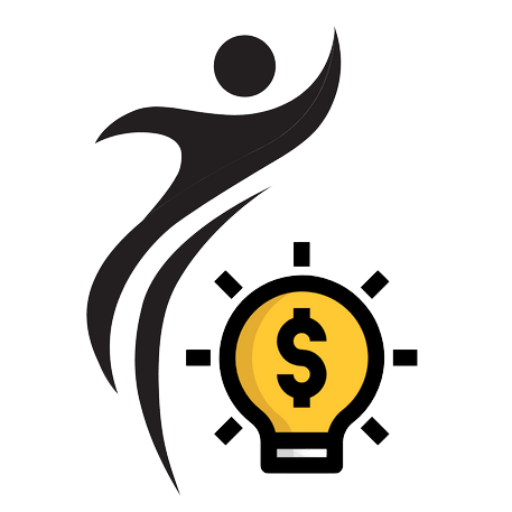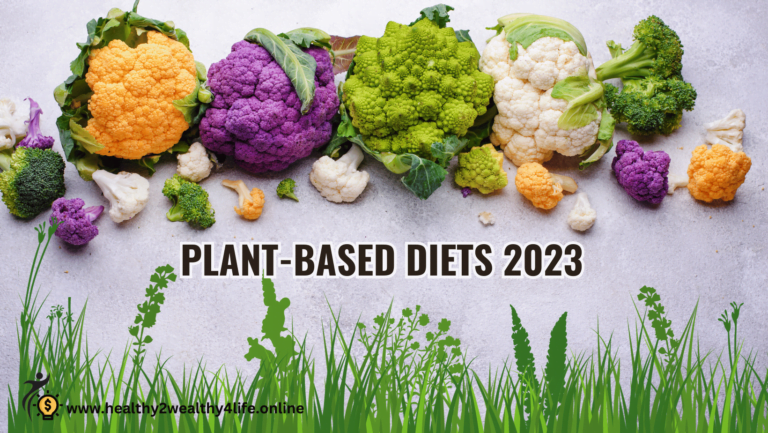6 Signs that you are not eating enough
 |
| 6 Signs that you are not eating enough |
Six indicators that you’re not eating enough Even though you may feel like you are eating well, you may not be eating enough if your diet and exercise program are not yielding the desired results. Here are seven warning indications that you could not be consuming enough protein, calories, or other nutrients.
1. Lack of energy
It may indicate that you are not eating enough if you experience constant fatigue. Lack of calories deprives your body of the energy it requires to perform effectively. You can have fatigue and difficulty focusing. If you don’t eat enough, your body will start metabolizing muscle for energy, which might make you feel tired.
You could lose weight if you’re not eating enough. This is due to the fact that your body will start using fat as fuel rather than food. Your clothing may be fitting more loosely than normal.
Hair loss is another condition that can result from inadequate nutrition. This is a result of your body lacking the nutrients required to promote hair growth.
Low energy levels generally indicate that you are not eating enough. Make careful to speak with your doctor if you experience chronic fatigue to rule out any other underlying conditions.
2. Hair loss
Hair loss is one of the most prevalent indicators that you are not eating enough. In order to conserve energy, your body begins to shut down non-essential operations when it does not receive enough nutrition. The growth of hair is one of these functions. As a result, if you discover that you are losing more hair than usual, it may be an indication that you need to eat more.
Hair loss can occur gradually, making it challenging to detect at first. Yet the hair loss will eventually worsen if you are not obtaining enough nourishment. Moreover, you might notice that your hair is weaker and thinner than usual. A significant hair loss might also result in baldness.
See your doctor if you believe you may not be receiving enough nutrients. They can assist you in identifying the issue and offering solutions.
3. Constant appetite
If you constantly feel hungry, you’re probably not eating enough. Your body requires food for energy, so you’ll experience hungry sensations if you don’t consume enough calories. You may not be eating enough at mealtimes if you find yourself continuously nibbling to try to quell your hunger.
If you’re losing weight, there’s another indication that you’re not eating enough. Even if you’re aiming to lose weight, a sharp or sudden reduction in weight may indicate that you aren’t consuming enough calories. It’s important to check with your doctor to make sure you aren’t at risk for malnutrition if you find yourself losing weight despite not trying to limit calories.
Another typical symptom of poor nutrition is persistent fatigue. A symptom that your body isn’t getting the nutrition it requires could be that you frequently find yourself needing naps or finding it difficult to get through the day without feeling worn out. Your body starts to feel exhausted and run down when you don’t eat enough to replenish your energ
It’s a good idea to speak with your doctor if you notice any of these symptoms.
4. Sleep problems
If you have difficulties falling asleep, that could be a symptom that you are not eating enough. Your body won’t be able to produce the energy it needs to operate effectively if you don’t consume enough calories. Other sleep issues, such as insomnia, may result from this.
Feeling fatigued all the time is another indication that you are not eating enough. Fatigue is a typical sign of starvation. Your body won’t have the energy it needs to work correctly if you aren’t obtaining adequate nutrients. This could make you feel worn out.
You could lose weight if you are not eating enough. This is due to the fact that your body will begin utilizing muscle tissue as fuel. Your hair and nails can also seem thinner and weaker than usual.
In general, there are a few indicators that you may not be eating enough. To ensure that you are receiving the proper nutrients, it is crucial to visit a doctor if you have any of these symptoms.
5. indigestion
One of the most obvious indications that you are not eating enough is constipation. Your body lacks the fiber it requires to keep things going properly when you don’t consume enough. This may result in stools that are firm, dry, and challenging to pass.
Increasing your fiber intake is an excellent suggestion if you frequently have constipation. Increasing the amount of fruits, veggies, and whole grains in your diet will aid in keeping things running smoothly. Also, drink a lot of liquids to keep your stools soft. See your doctor about using a laxative or stool softener if you’re still having issues.
6. Stress
1. Anxiety: If you have higher levels of anxiety than usual, this could indicate that you are not getting enough nutrition. Your body might enter “starvation mode” when there is not enough food in your system, which can lead to worry.
2. Lightheadedness or dizziness might also be an indication that you are not eating enough. Your blood sugar levels can drop when you don’t eat enough, which can make you feel woozy or lightheaded.
3. Fatigue: Constantly feeling weary is another telltale indicator that you aren’t eating enough. Lack of calories prevents your body from having the energy it requires to perform effectively. Fatigue may result from this.
4. Irritability: Feeling agitated or tense could also indicate that you aren’t getting enough food. A hormone called ghrelin, which is released by your body when you’re hungry, might make you feel agitated.
5. Concentration issues: If you have trouble focusing or concentrating, you may not be eating enough. Hunger causes your blood sugar levels to plummet, which can make it difficult to focus.

